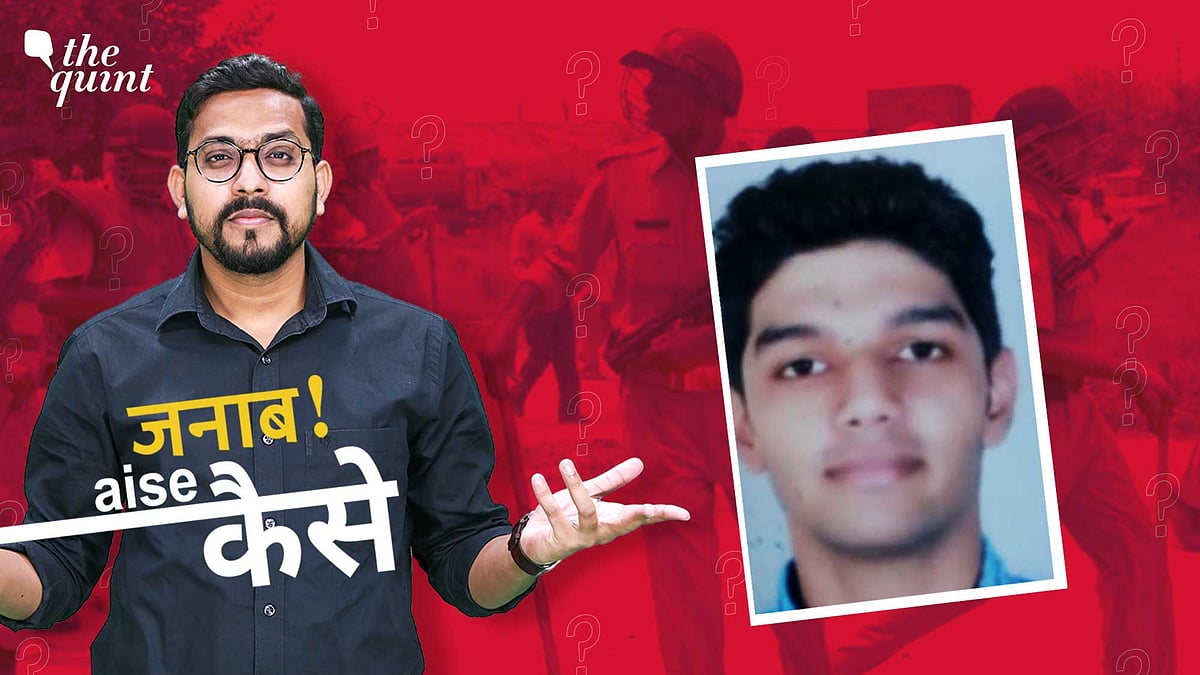'My Son Was Shot': How Families Are Exposing UP Police’s Fake Encounters
2025: 12 UP cops charged in fake encounters. Court orders in Noida & Kanpur expose planted evidence, order probes.

advertisement
In the early hours of 4 September 2022, Somesh Gautam, an engineering student in Delhi, was forcibly taken from his room. Days later, he was shot in the leg by police, accused of involvement in a ₹15 lakh murder-for-hire plot. The police said he had confessed. His father, Tarun Gautam, said he was framed and now a court agrees.
Greater Noida’s CJM court ordered an FIR against 12 police officers, including the then-SHO, for allegedly staging the encounter. “We were taken to Delhi at night. I saw my son get shot,” Tarun said, recounting a night of abuse and extortion.
In another case, in Kanpur, two men, Amit and Kundan, were shot and booked for attempted murder and illegal weapons. The only problem? The gun allegedly recovered from Amit had already been logged in a police warehouse 13 years earlier.
The court acquitted both in April 2025, citing contradictions in police testimonies and lack of independent witnesses. “They wanted to close the case. So they chose us,” said Sumit, Amit’s brother.
According to government data presented in the Rajya Sabha, India recorded 813 encounter-related deaths between 2016–2022. Nearly half were in just five states, with Uttar Pradesh topping the list.
From 2017 to 2022, 158 alleged criminals were killed in UP encounters. During Yogi Adityanath’s second term, another 49 were reported dead. That’s one every 20 days.
The National Crime Records Bureau recorded 2,614 cases against police personnel in 2022. Only 12 convictions.
The Delhi High Court has made it clear: every suspicious encounter must be followed by an FIR. Yet, in many cases, families say they are met with silence or intimidation.
Lawyers argue that these cases aren’t isolated, they point to a systemic pattern. “Evidence is often manufactured after the fact. And accountability is rare,” says CP Gautam, a lawyer representing the Gautam family.
Even after courts intervene, victims struggle to rebuild. Somesh, now disabled, has been unable to get a government job due to a police record that shouldn’t exist. “We lost everything — our money, our dignity, and his future,” Tarun says.
What Comes Next?
Both courts have ordered investigations. But for families like Somesh’s and Amit’s, justice still feels distant.
“These aren’t just numbers in a report,” Sumit says. “These are real lives. And we want the truth to be heard.”